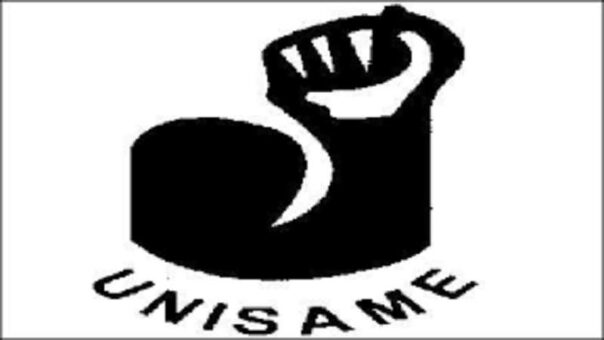KARACHI, May 28, 2025 — In a powerful and urgent appeal, the Union of Small and Medium Enterprises (UNISAME) has issued a clarion call to the government of Pakistan: slash the crushing income tax burden on SMEs or risk economic stagnation and collapse of this vital sector.
As the federal budget for 2025-26 draws near, UNISAME has submitted hard-hitting tax proposals demanding a drastic reduction in income tax rates for small and medium enterprises — the very backbone of Pakistan’s economy.
According to UNISAME, while most countries cap SME income tax at a fair 25%, businesses in Pakistan are being squeezed under an oppressive regime, with some paying up to 40%, and exporters being unfairly taxed at 29%.
Zulfikar Thaver, President of UNISAME, has personally appealed to Haroon Akhtar, Special Assistant to the Prime Minister, urging him to raise the issue with Prime Minister Shehbaz Sharif. “It’s no longer about reforms — it’s about survival. The government must wake up before the SME sector collapses under the weight of excessive income tax and poor policy,” Thaver warned.
UNISAME stressed that without swift intervention, the sector will face severe setbacks. The group is pushing for not just tax reforms, but also strategic measures including the establishment of a dedicated global e-commerce portal for SMEs, a specialized technical institute to counter the growing technology gap, and the creation of a protectorate to defend the rights and interests of SME stakeholders.
UNISAME also demands the creation of a massive leasing company under a “Pay As You Earn” model to give SMEs the financial breathing space they desperately need.
With SMEs contributing significantly to employment and economic activity, UNISAME emphasized that the current income tax policies are not just unsustainable but unjust. The union warned that without meaningful change in income tax rates and support infrastructure, the country risks losing its most dynamic entrepreneurial force.
The message from UNISAME is loud and clear: time for lip service is over. It’s time for the government to act — decisively and immediately — before it’s too late.
